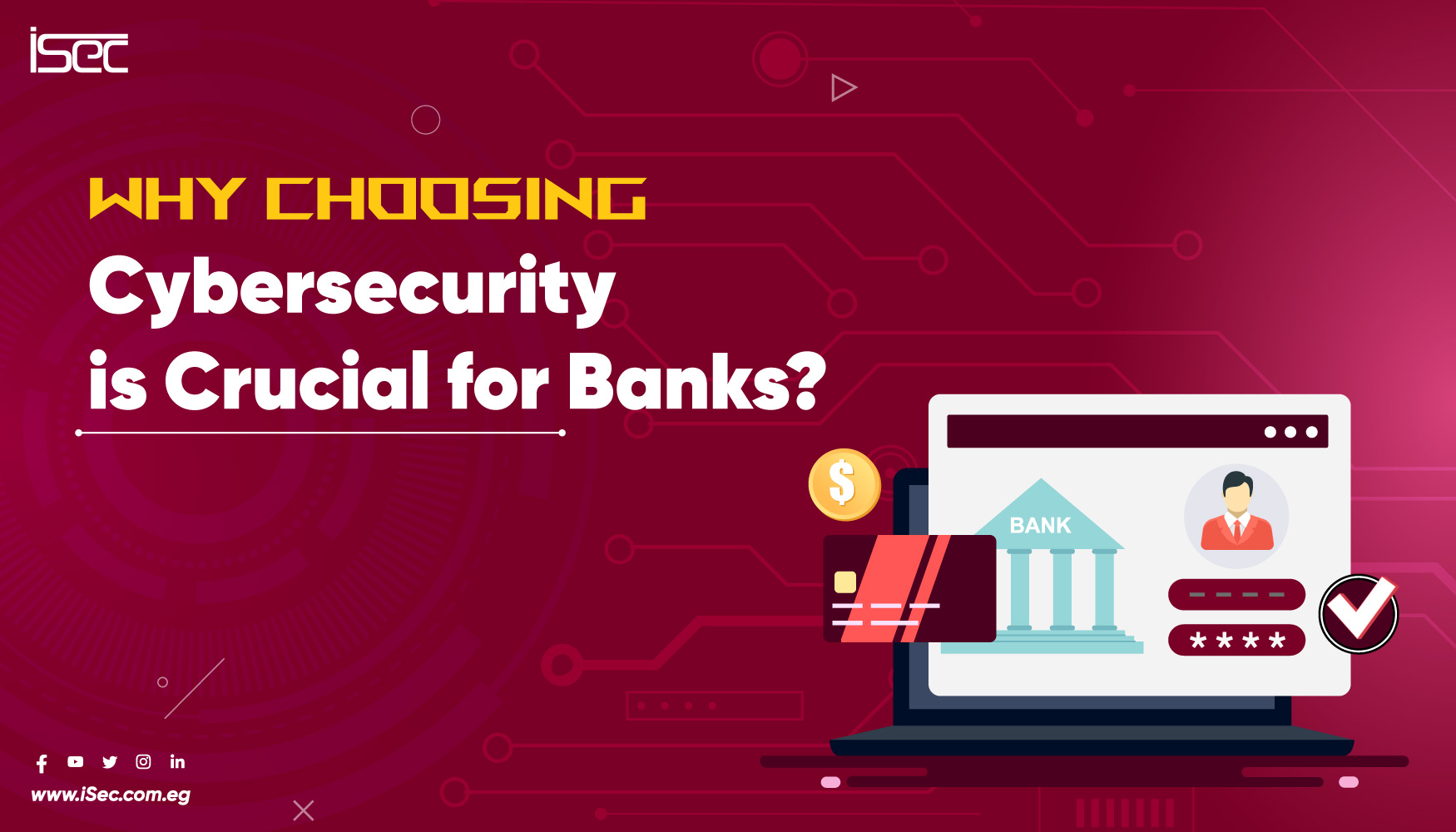
In today’s digital age, banks and financial institutions are at the forefront of technological advancement. With the rise of online banking, mobile apps, and digital transactions, banks have made financial services more convenient and accessible than ever before. However, this digital transformation also brings significant risks. Cybersecurity is no longer an option but a necessity for banks. Here’s why choosing robust cybersecurity measures is crucial for the banking sector.
1. Protecting Sensitive Financial Data
Banks handle vast amounts of sensitive data, including personal identification information (PII), financial records, and transaction details. A breach of this data can lead to severe consequences, including identity theft, financial fraud, and reputational damage. Cybersecurity measures such as encryption, multi-factor authentication, and secure data storage are essential to protect this critical information from unauthorized access.
2. Preventing Financial Fraud
Cybercriminals are constantly devising new ways to exploit vulnerabilities in banking systems. From phishing attacks to sophisticated malware, the threats are numerous and evolving. Implementing advanced cybersecurity practices helps banks stay ahead of these threats, preventing financial fraud and safeguarding customers’ assets. This not only protects the bank but also builds trust with customers.
3. Regulatory Compliance
Banks are subject to stringent regulatory requirements designed to protect consumers and ensure the stability of the financial system. Regulations such as the General Data Protection Regulation (GDPR) and the Payment Card Industry Data Security Standard (PCI DSS) require banks to implement specific cybersecurity measures. Failure to comply with these regulations can result in hefty fines, legal penalties, and loss of customer trust. Choosing robust cybersecurity ensures compliance and protects the bank from regulatory scrutiny.
4. Ensuring Business Continuity
A cyberattack can disrupt banking operations, leading to downtime, loss of revenue, and customer dissatisfaction. Cybersecurity measures such as intrusion detection systems, firewalls, and disaster recovery plans help banks quickly identify and respond to cyber threats, minimizing the impact on business operations. Ensuring business continuity is vital for maintaining customer confidence and staying competitive in the market.
5. Building Customer Trust
In the digital age, trust is a valuable currency. Customers expect their banks to protect their money and personal information. A strong cybersecurity framework reassures customers that their data is safe, enhancing their confidence in the bank. This trust is crucial for customer retention and can set a bank apart from its competitors.
6. Protecting Against Emerging Threats
The cybersecurity landscape is constantly evolving, with new threats emerging regularly. Cybersecurity in banks involves staying updated with the latest threat intelligence, adopting new technologies, and continuously improving security protocols. By prioritizing cybersecurity, banks can protect against both current and future threats, ensuring long-term security.
7. Safeguarding the Reputation of the Institution
A cyber breach can severely damage a bank’s reputation, leading to loss of customers and decreased market share. Publicized breaches can erode trust, making it difficult for a bank to regain its standing in the industry. By investing in strong cybersecurity practices, banks can avoid the negative publicity associated with data breaches and maintain their reputation as secure and reliable institutions.
Conclusion
In the highly interconnected world of banking, cybersecurity is not just a technical issue but a critical business priority. The consequences of a cyberattack can be devastating, affecting not only the bank’s bottom line but also its reputation and customer trust. By choosing cybersecurity, banks can protect their sensitive data, prevent fraud, ensure compliance, and build stronger relationships with their customers. As cyber threats continue to evolve, the importance of robust cybersecurity in the banking sector cannot be overstated.
Investing in cybersecurity is investing in the future of the bank, ensuring it can navigate the digital landscape with confidence and resilience.



